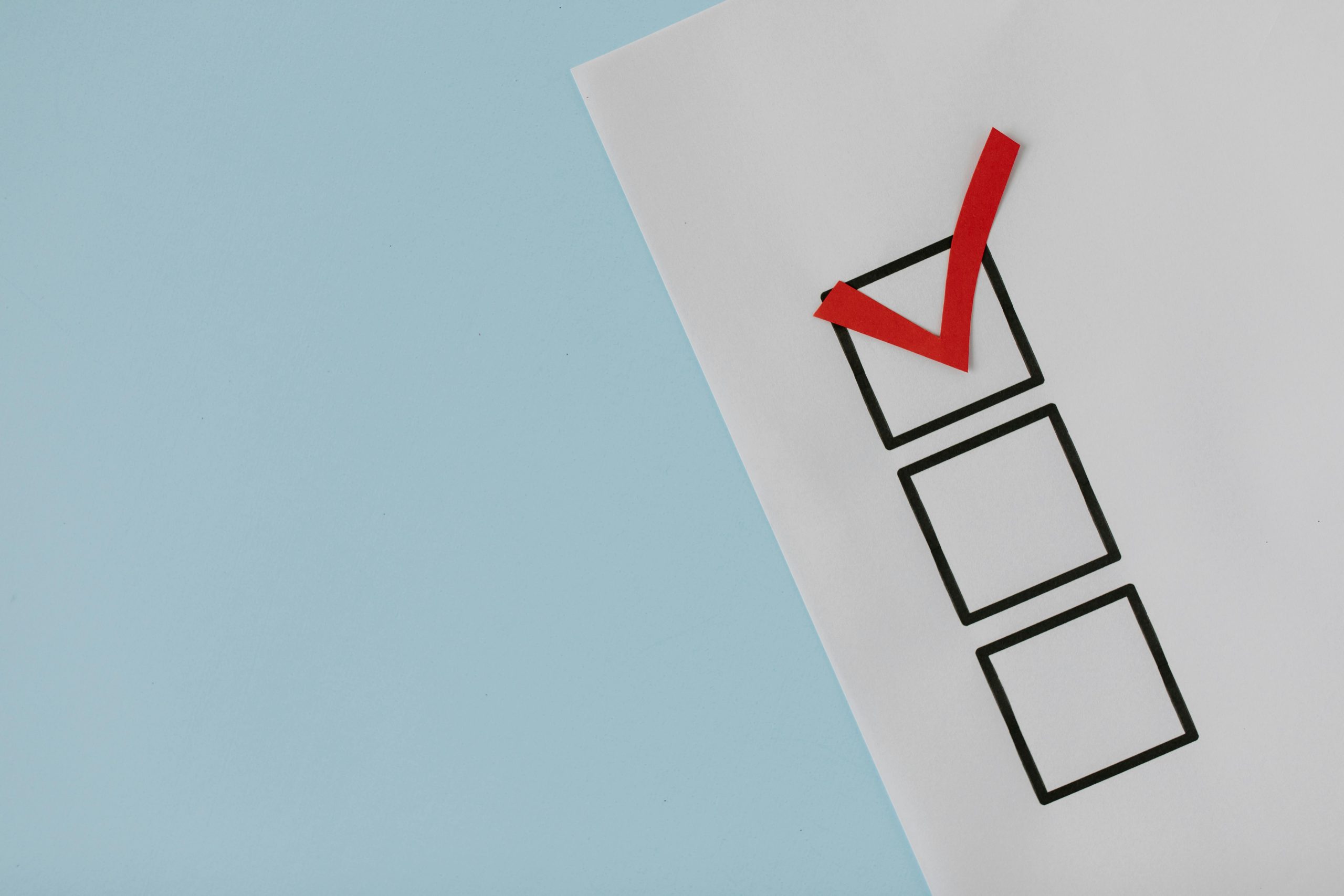Looking for some guidance
Hi everyone, I could really use some help. I have a brain injury, so please bear with me if I miss some details—I’ll do my best. I have both auto and health insurance, but I’m a bit confused about how they work together. I’ve exhausted my PIP coverage of $10,000, and I’m trying to understand how my health insurance will come into play. My health insurance deductible is between $8,000 and $9,000.
Can anyone clarify whether the PIP covers any of my out-of-pocket expenses related to medical costs? I mistakenly referred to it as a deductible, but I now realize that out-of-pocket costs and deductibles are different.
Update: I’m still not quite sure about all of this. I found out that I misused the term “deductible” and meant “out-of-pocket costs.” I received mixed responses from my insurance companies—one said it would cover, while the other was vague and didn’t confirm anything. My new question is: how can I get these two insurance groups on the same page? Is there a way to resolve this without getting more legal help? Thanks in advance!




It sounds like you’re navigating a complex situation, and it’s great that you’re seeking clarity on how your auto and health insurance work together. Here’s a breakdown that might help make sense of things:
Understanding PIP and Health Insurance: In Florida, Personal Injury Protection (PIP) is designed to cover medical expenses resulting from an auto accident, regardless of who was at fault. Since you’ve exhausted your $10,000 PIP coverage, any additional medical costs might be billed to your health insurance.
Deductibles vs. Out-of-Pocket Costs: It seems like there was some confusion around terms. The deductible is the amount you pay out of pocket before your health insurance starts to cover costs. However, your out-of-pocket maximum is the most you’ll have to pay for covered services in a plan year. If you’ve reached your deductible, your health insurance should start covering costs (subject to co-pays or coinsurance) once you pay any out-of-pocket expenses related to your treatment.
Coordinating Between Insurers: To get both your auto and health insurance on the same page, you can:
Ask for a Coordination of Benefits (COB): This is a process used between insurers to determine which insurer is responsible for what portion of your medical expenses.
Avoiding Lawyers if Possible: If you wish to resolve this without lawyers, the recommendation is to keep detailed records of all communications with both insurance companies, including names, dates, and content of discussions. It may also help to have a single point of contact for both insurers, who can coordinate information directly if needed.
Seek Support: If managing this on your own feels overwhelming due to your brain injury, consider asking for help from a family member or a friend who can assist in dealing with insurance calls or paperwork.
It’s definitely a tricky situation, but with persistence and organization, you can tackle it. Wishing you the best of luck as you navigate this process!